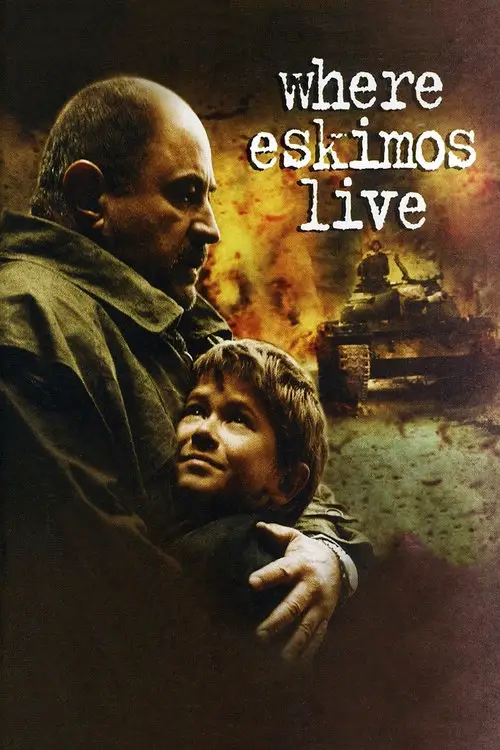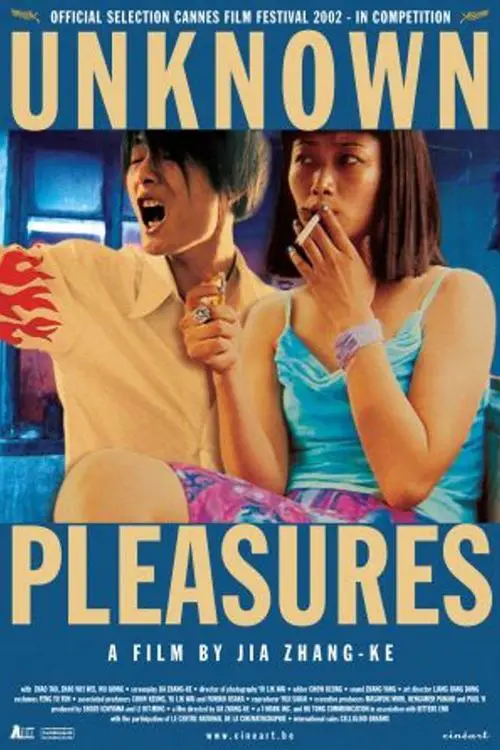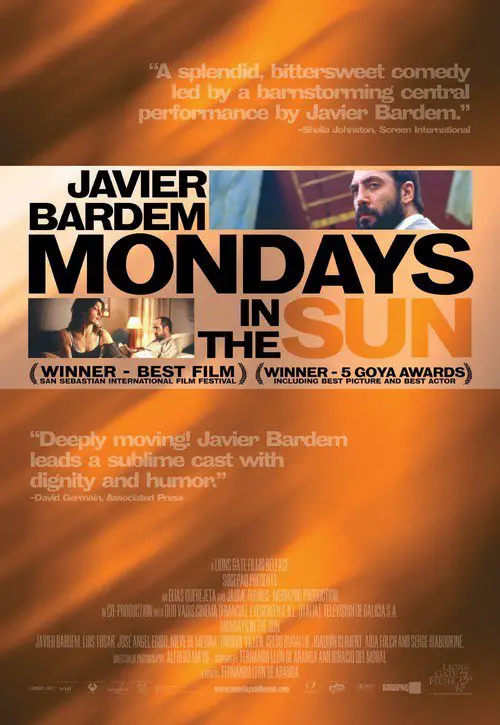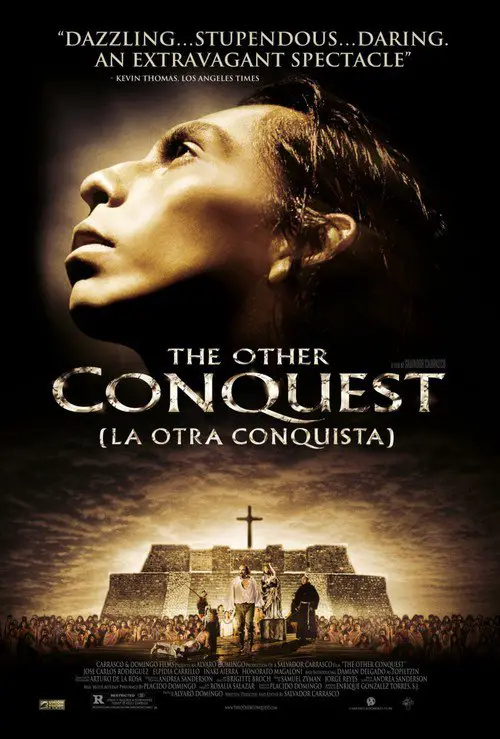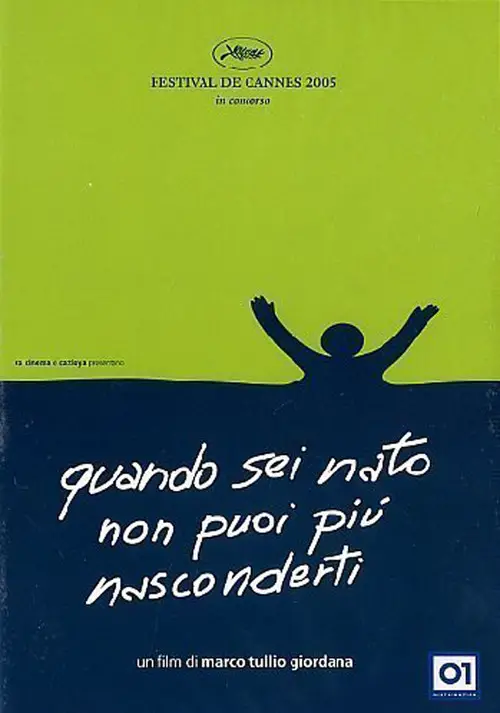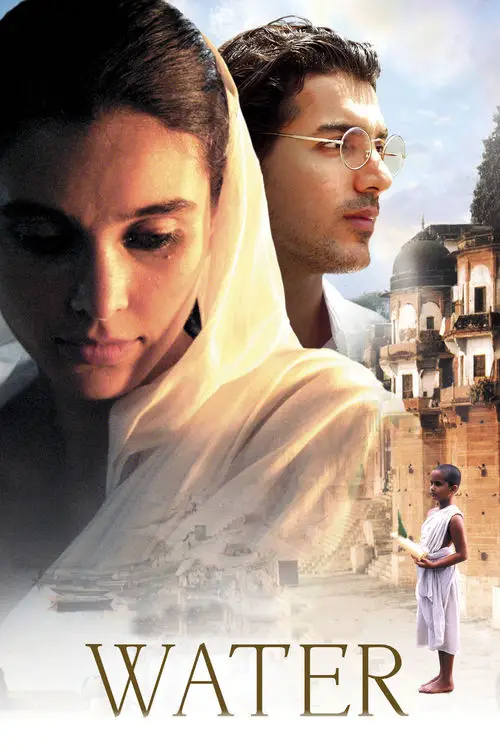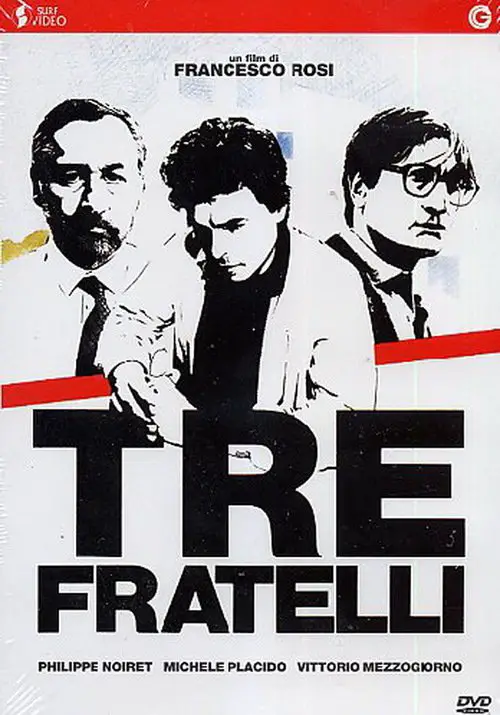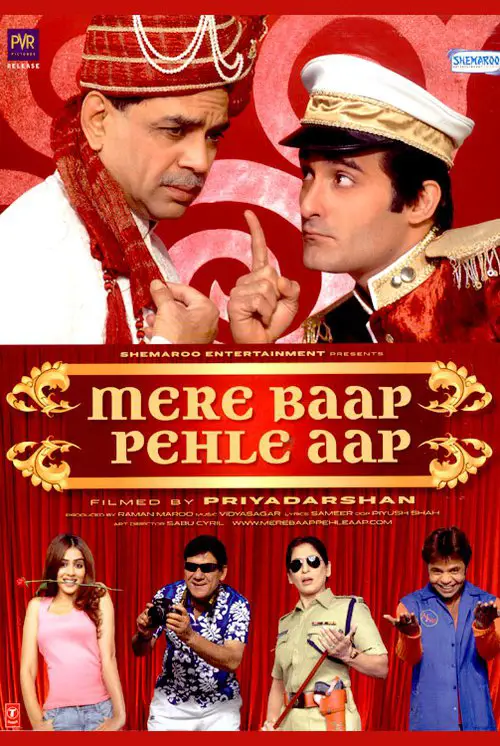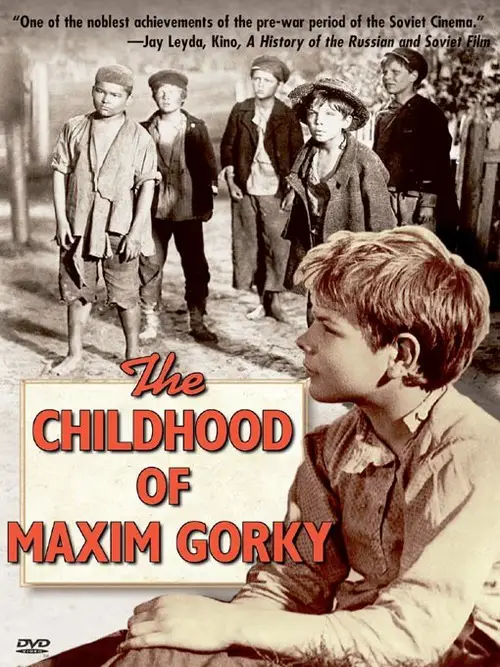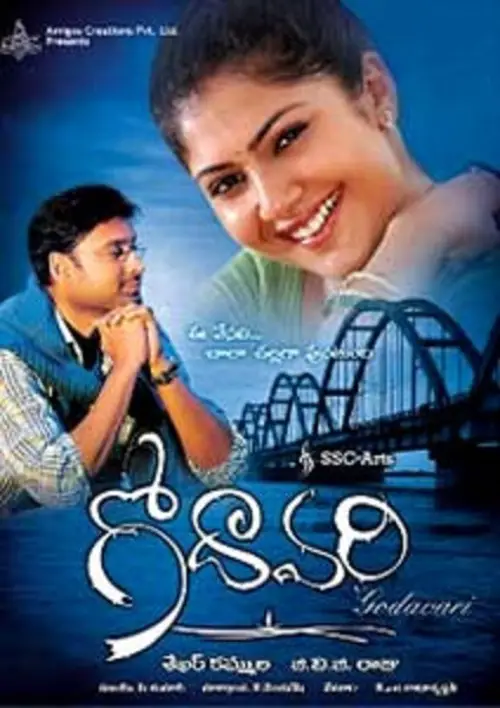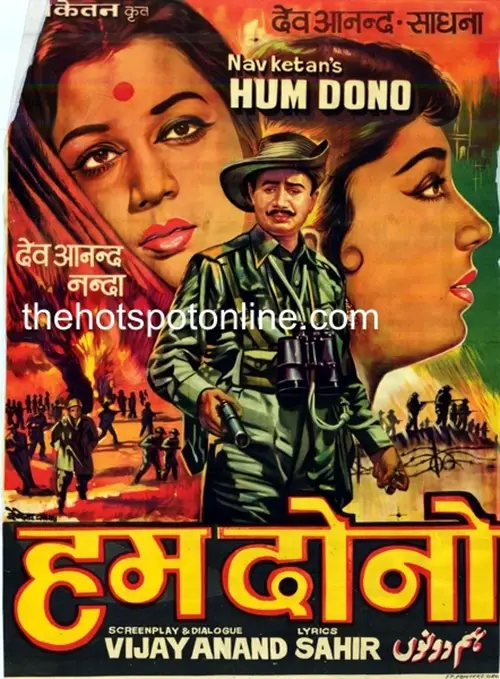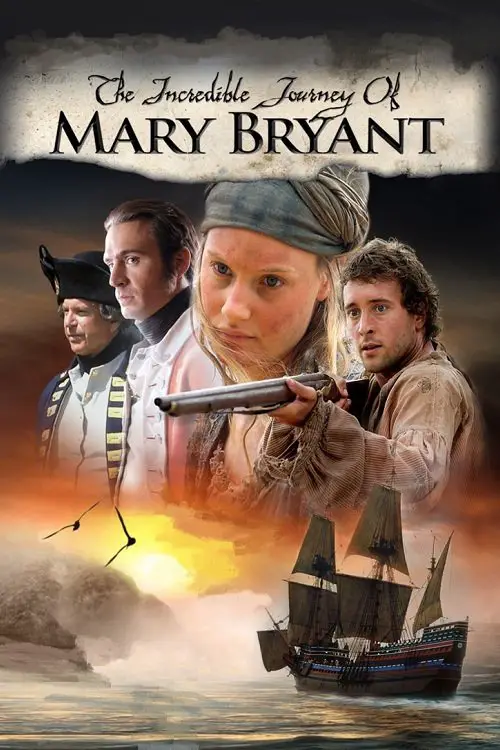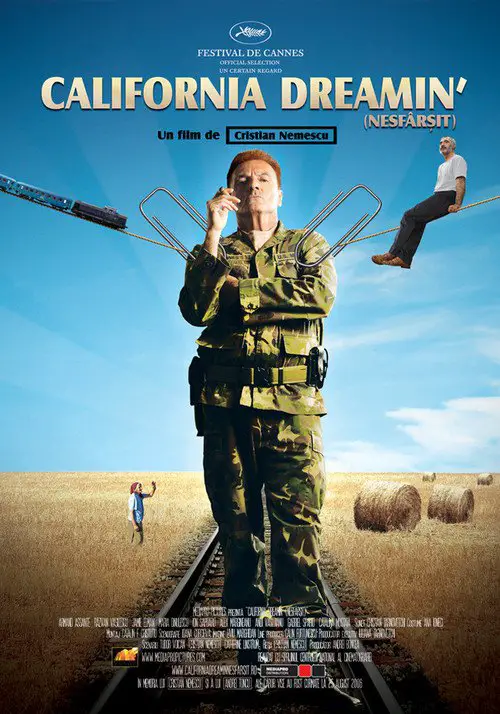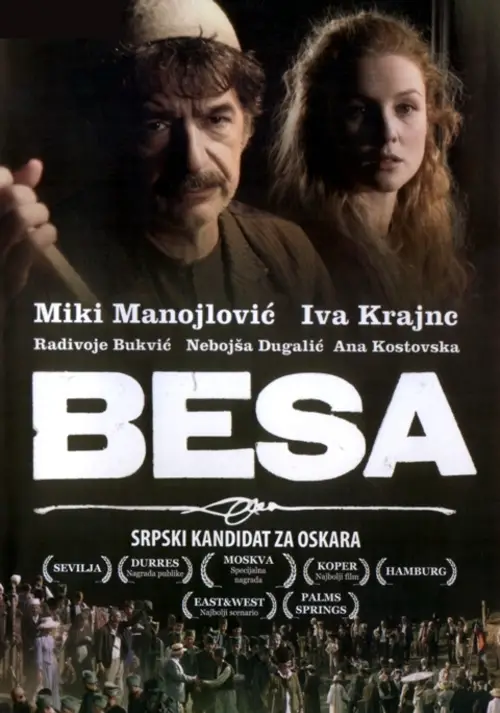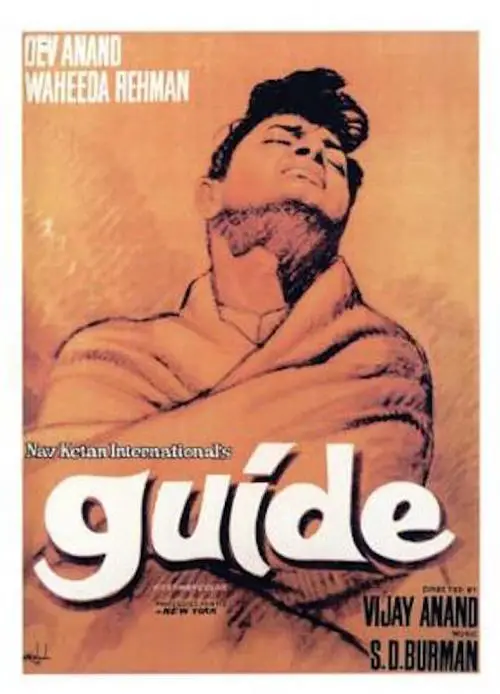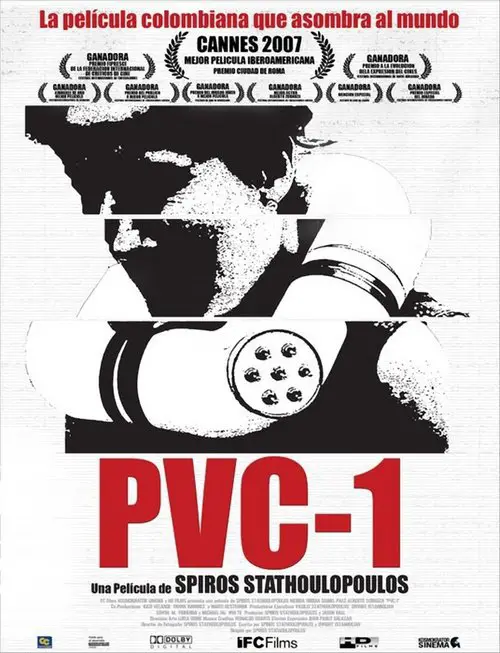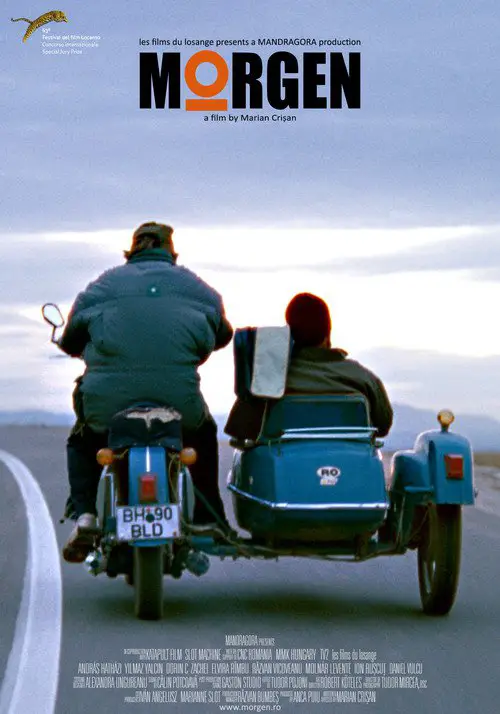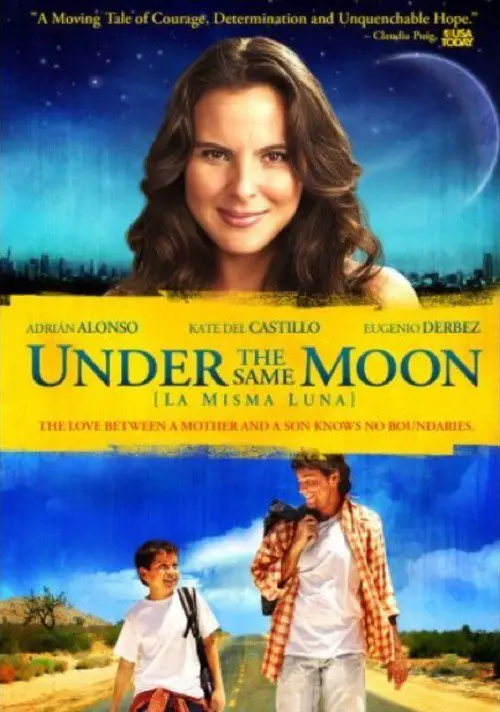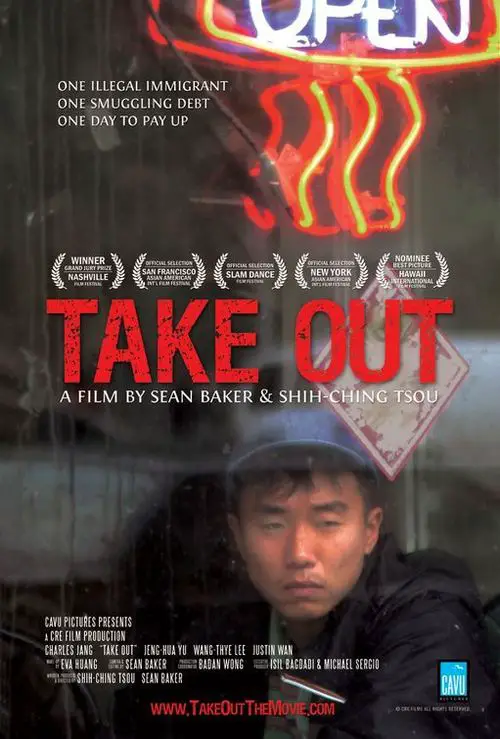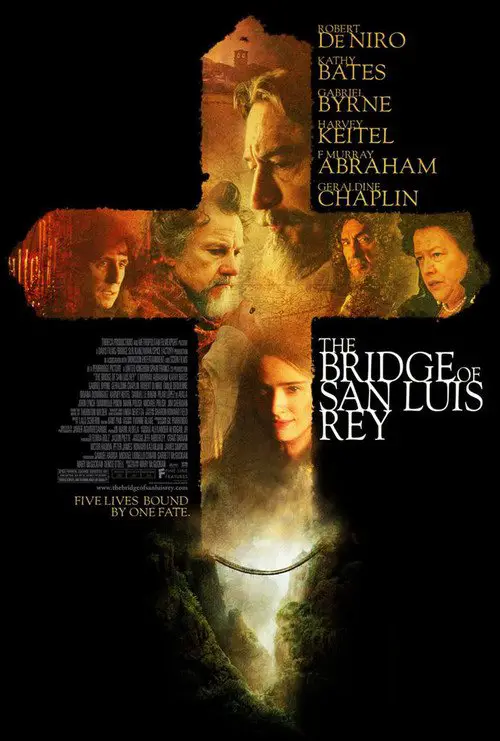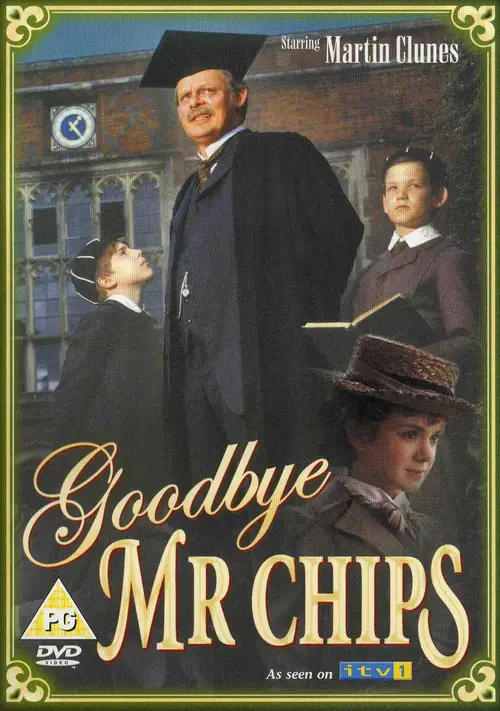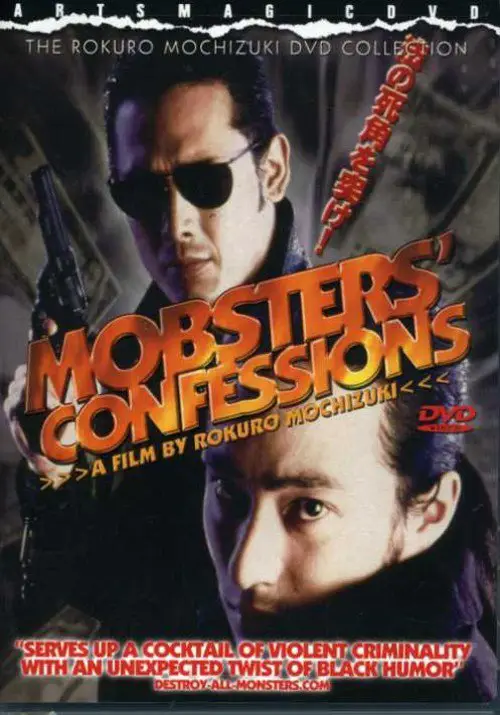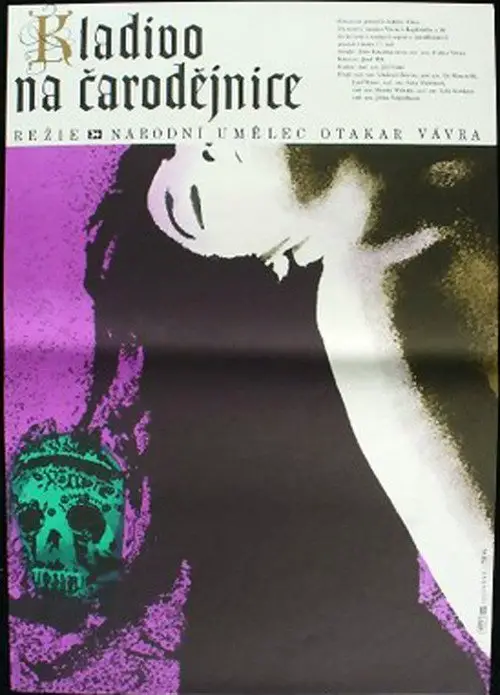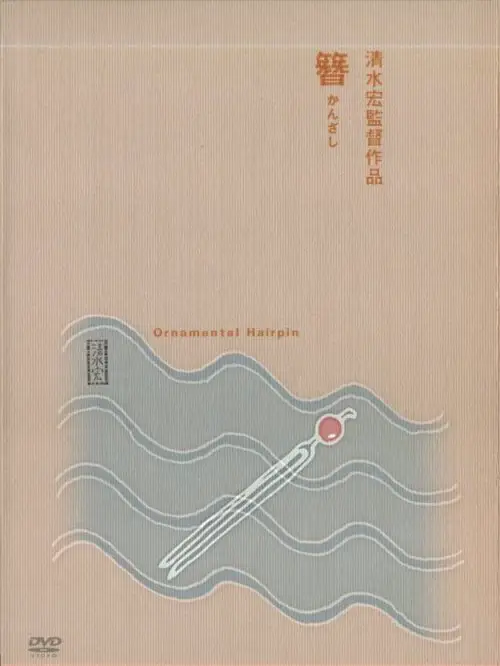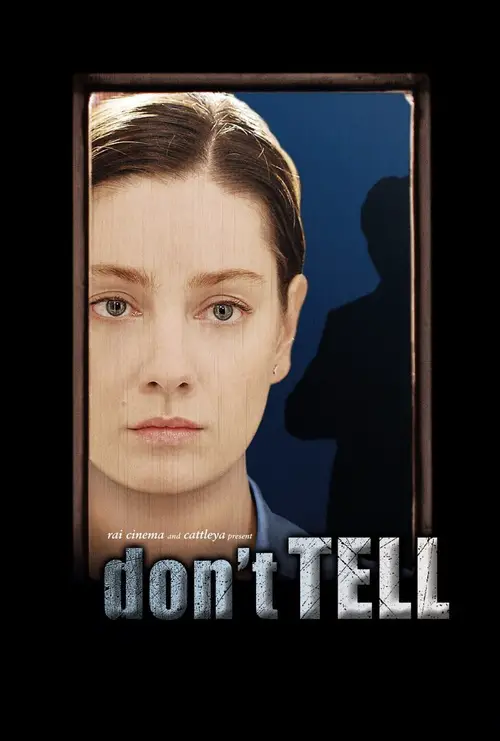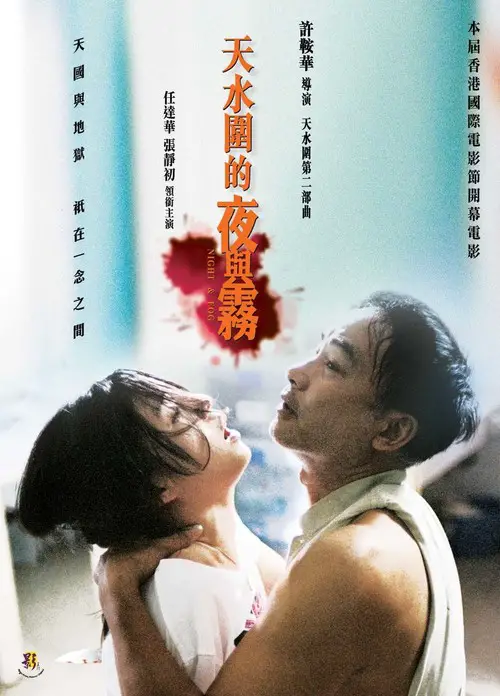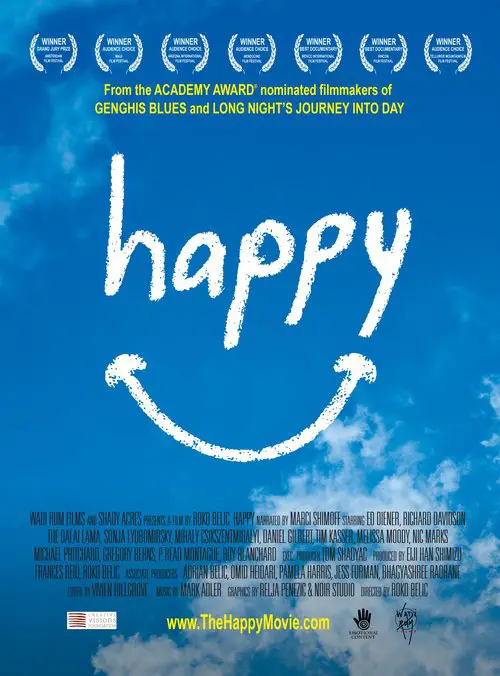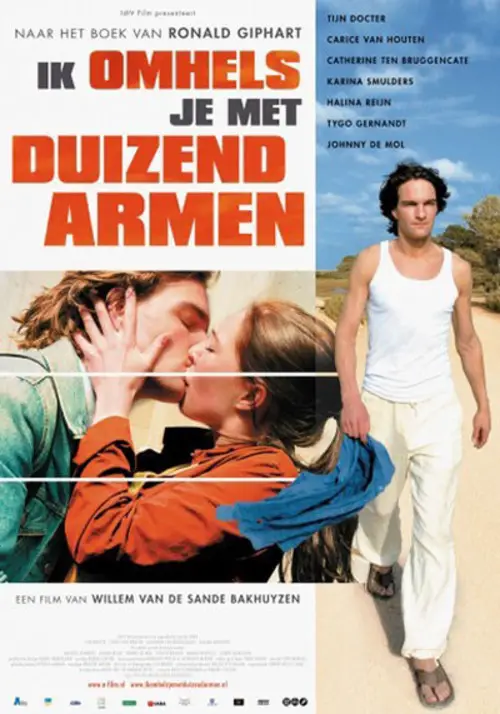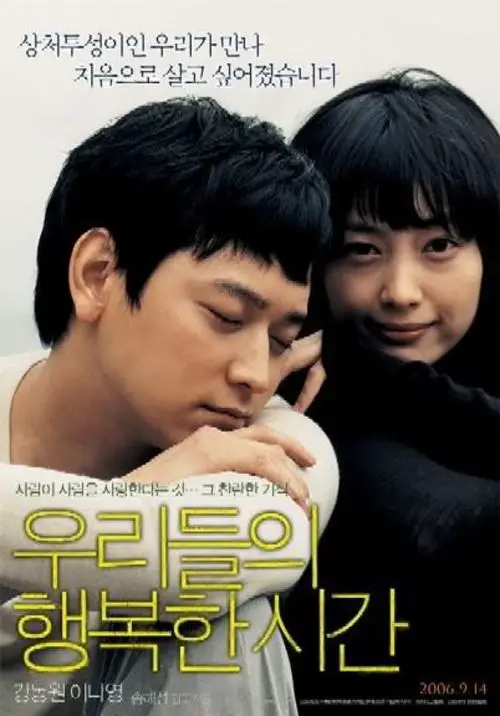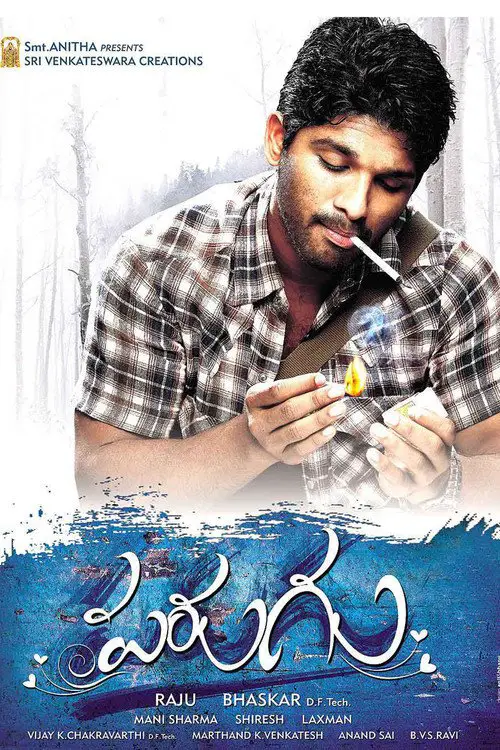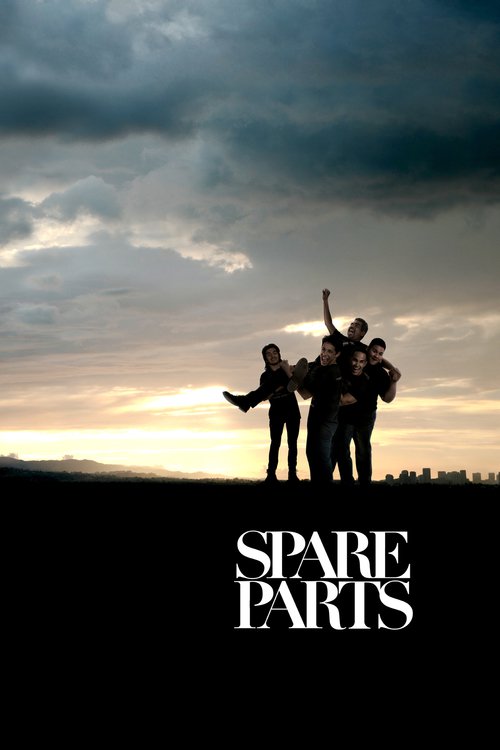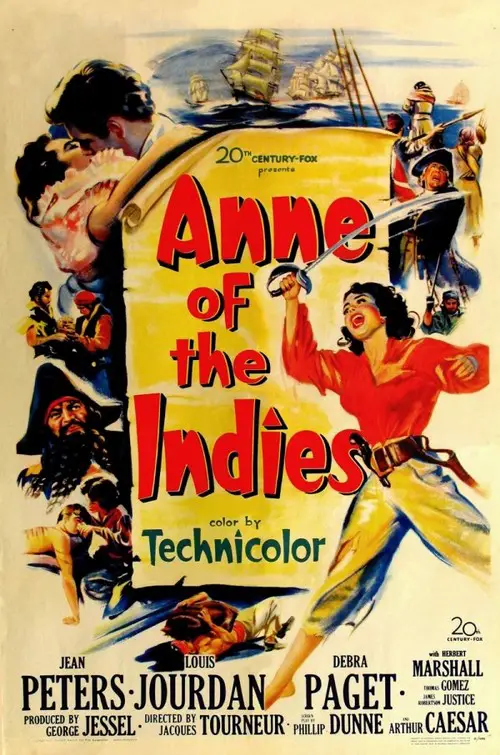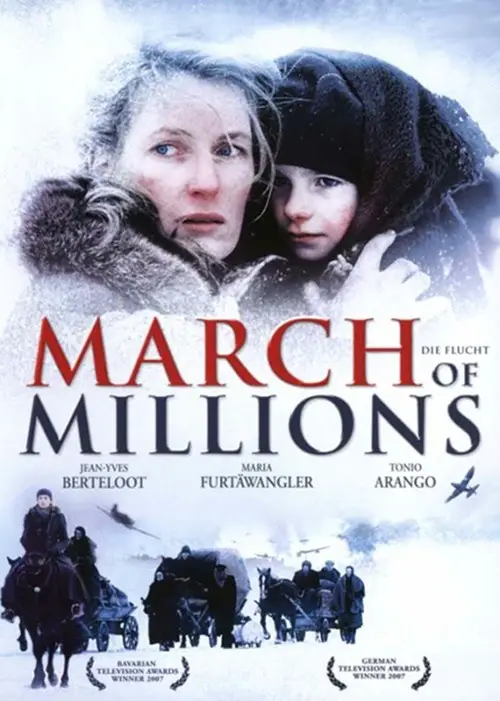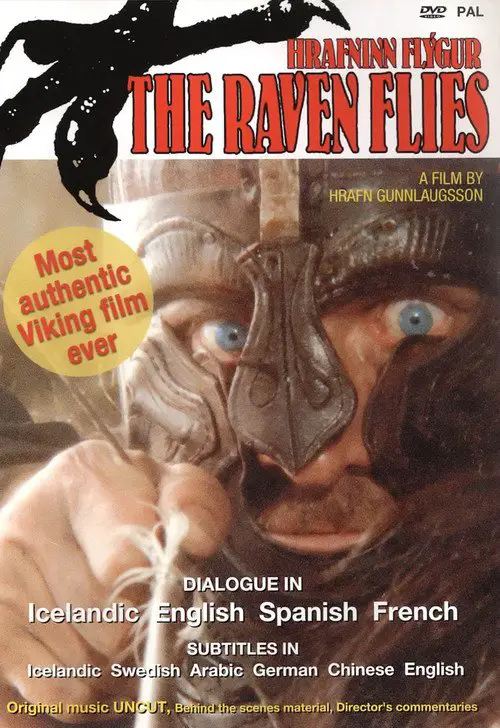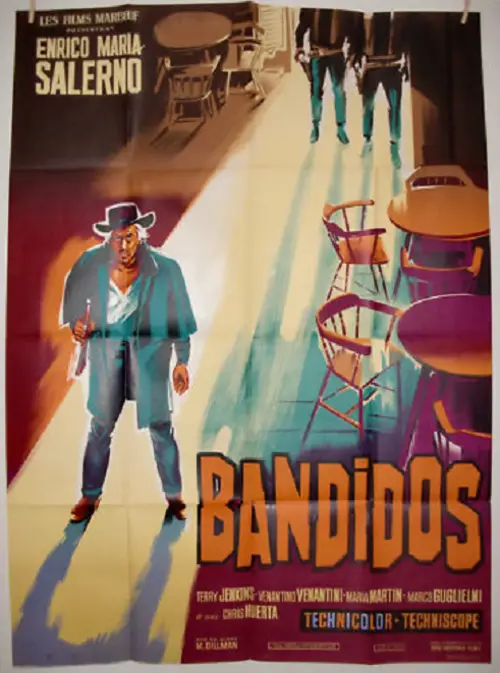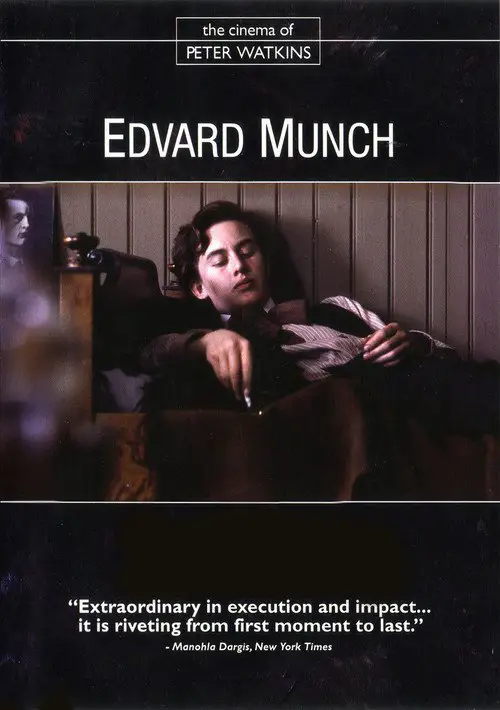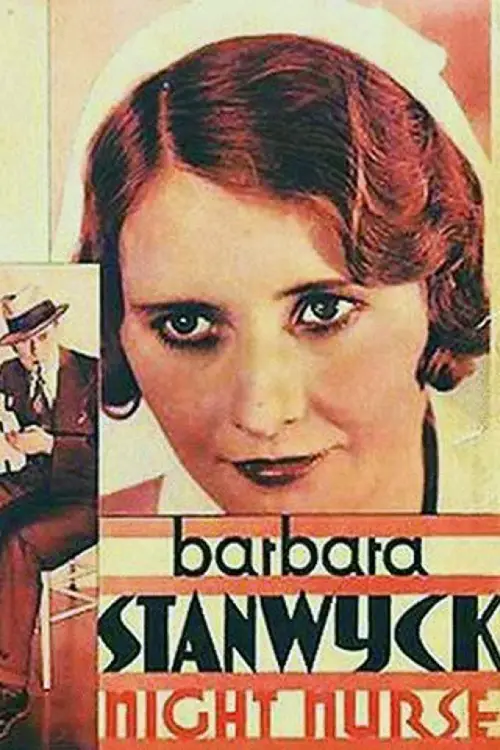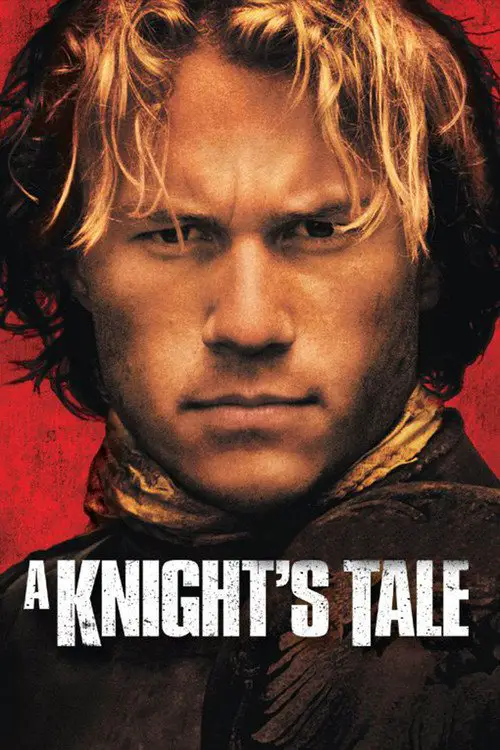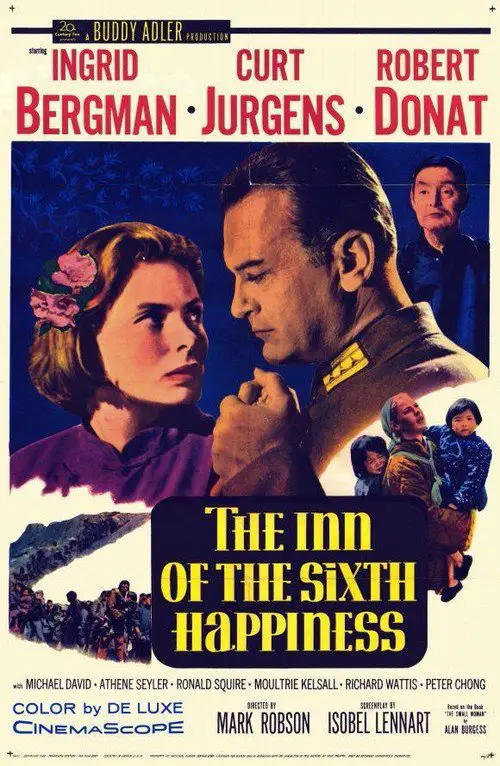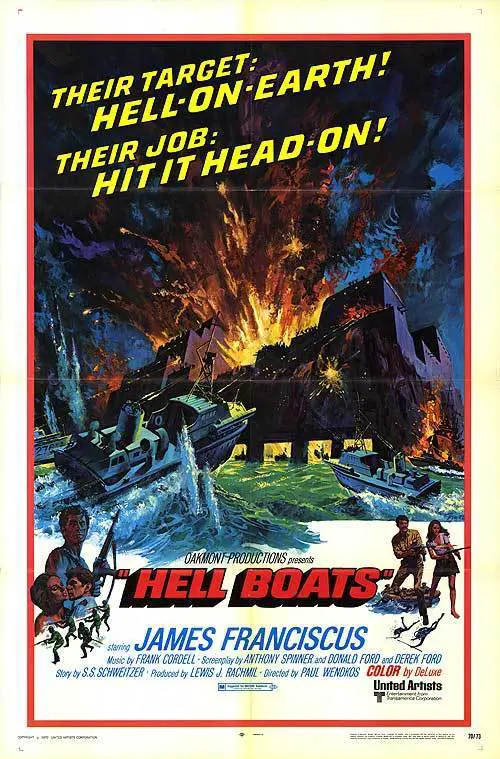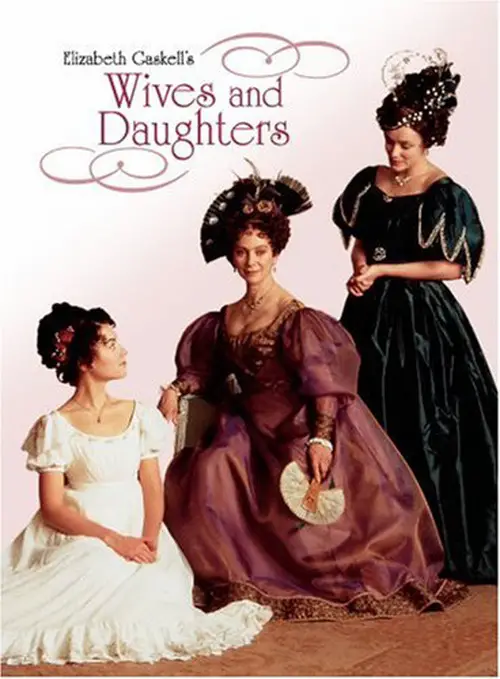Spare Parts (2003)
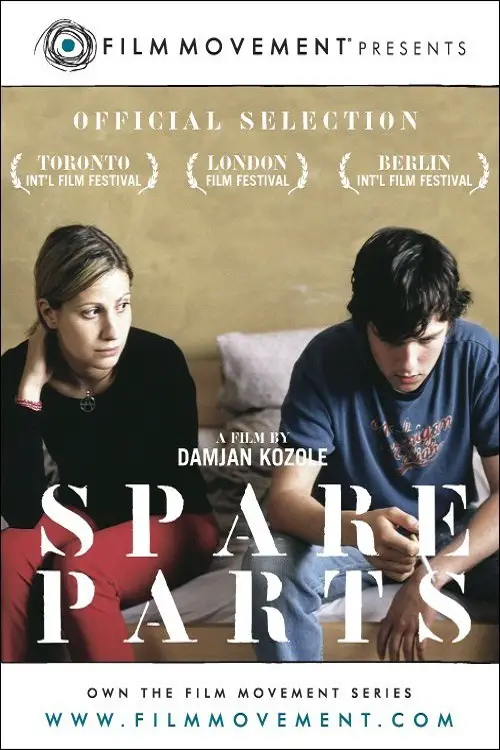
Similar movies
Sharkey, part of the sinister world of child trade, picks up Vlado, an orphan of war, dreaming of freedom and a better life. They embark upon a strange and enlightening journey through war torn Bosnia. As they struggle to get out of the country and fight to stay alive, they find a special love and compassion from which emerges their ultimate moral and spiritual redemption.
Nihal Singh from Chandigarh is a seemingly simple yet unconventional boy. He talks too much, questions everything and builds complicated gadgets in this spare time. He has a brilliant mind and an oddball sort of charm. He adores his mother, has dreams of studying in the most elite institute of science and always looks for big ideas in small things. But, there is a big but... Nihal has a secret.
Three disaffected youths live in Datong in 2001, part of the new "Birth Control" generation. Fed on a steady diet of popular culture, both Western and Chinese, the characters of Unknown Pleasures represent a new breed in the People's Republic of China, one detached from reality through the screen of media and the internet.
After the closure of their shipyard in Northern Spain, a few former workers: Santa, José, Lino, Amador, Sergei and Reina keep in touch. They meet mainly at a bar owned by their former colleague Rico. Santa is the most superficially confident and the unofficial leader of the group. A court case hangs over him relating to a shipyard lamp he smashed during protest against the closure. José is bitter that his wife, Ana, is employed when he is not. The gap between them is widening and he is fearful that she will leave him for a co-worker. Despite arthritic legs, Ana endures night shifts at a fish factory and thinks her looks are now lost. Not everyone seems to agree including her boss. Lino, an aging family man doggedly pursuing positions beyond his qualifications. The oldest member of the group, Amador, has degenerated into alcoholism after being abandoned by his wife; maintaining an increasingly transparent pretense that his wife will soon return from holiday.
The widow Lilia Herriton meets a young man when she visits Italy and marries him. The man is only a dentist without a good name, and Lilia's relatives are clearly unhappy with her choice. Lilia dies while giving birth to a son, and two relatives travel to Italy to take care of of the baby, expecting no trouble from the father.
The film is a drama about the aftermath of the 1520s Spanish Conquest of Mexico told from the perspective of the indigenous Aztec people. It explores the social, religious, and psychological changes brought about by a historical process of colonization that both defined the American continent and is also highly reminiscent of todayâs neocolonialism.
The film examines the plight of a group of widows forced into poverty at a temple in the holy city of Varanasi. It focuses on a relationship between one of the widows, who wants to escape the social restrictions imposed on widows, and a man who is from the highest caste and a follower of Mahatma Gandhi.
In a farmhouse in southern Italy, an old woman dies. Her husband summons their sons: from Rome, Raffaele, a judge facing a political case for which he risks assassination; from Naples, the religious and ideological Rocco, a counselor at a correctional institute for boys; from Turin, Nicola, a factory worker involved in labor disputes. Once home, each encounters the past and engages in reveries of what may come: Raffaele imagines his death, Rocco dreams of lifting the youth of Naples out of violence, drugs, and corruption, Nicola pictures embracing his estranged wife. Meanwhile, the old man and his young granddaughter explore the rhythms of the farm and grieve together.
As if running a mall is not enough, Gaurav Rane has also to bail out his widower dad, Janardhan, as well as Madhav Mathur, several times from police custody on multiple counts of eve-teasing. Romance enters his life in the attractive shape of U.S.-based Sheekha Kapoor, who also befriends both Janardhan and Madhav. Chaos results, hilarious at times, when Janardhan starts to change his appearance to
When the retired seventy-seven years old hypochondriac widower Fred moves to an apartment in Madrid, his temperamental daughter Cuca has an incident with his next door neighbor, the elder Argentinean Elsa. Later, they meet each other and Elsa seduces Fred with her reckless behavior and view of life and they have a romance.
The Childhood of Maxim Gorky (Detstvo Gorkovo) was the first of Russian director Mark Donski's trilogy based upon Gorky's memoirs. Alexei Lyarsky plays the young Maxim, who grows up under the czarist regime with his grandparents as guardians. Continually demeaned by his martinet grandfather, Maxim is drawn to his warm-hearted grandmother (Varvara Massalitinova), who instills in him the willingness to pursue his writing muse. Gorky's (and Donski's) deep abiding love for Russia is conveyed through the film's remarkably romanticist landscape shots along the Volga River, which cry out for Technicolor.
Godavari (Telugu: à°à±à°¦à°¾à°µà°°à°¿) is a 2006 Telugu musical, romantic film that was written and directed by Sekhar Kammula. G.V.G. Raju produced the film. Sumanth and Kamalinee Mukherjee played the lead roles. The film was a success at box office in addition to receiving several Nandi and Filmfare awards. Music of the film was composed by K.M. Radha Krishnan.
Andrew Crocker-Harris is an embittered and disliked teacher of Greek and Latin at a British prep school. After nearly 20 years of service, he is being forced to retire on the pretext of his health, and perhaps may not even be given a pension. The boys regard him as a Hitler, with some justification. His wife Laura is unfaithful, and lives to wound him any way she can. Andrew must come to terms with his failed life and regain at least his own self-respect.
Romanian director Cristian Nemescu's comedy California Dreamin' (aka Nesfarsit, 2007) unfolds against the backdrop of the Kosovo War, circa 1999. A NATO train rolls through a Romanian hamlet, transporting a plethora of weapons across the country -- without official documents, and equipped only with the verbal consent of the Romanian authorities. The transport thus grows intensely vulnerable.
Besa is a Serbian film from 2009. year, made in co-production with several other countries. At the beginning of the World War I, Filip, a Serbian school director in the Serbian province, has been asked to immediately go to Belgrade to get war schedule. His wife Lea, Slovene, with no one to leave because the two of them recently arrived in the small town and no one really knows them. Azem, an Albanian, school attendance, gives Filip a promise (Besa) to watch the Lea and that nothing will happen. Lea and Azem, are forced to live together in an abandoned school. Their relationship changes during the time..
The film is told in three acts, beginning with a historical background of Japan's student movement of the 1960s and early 1970s, mostly using archive footage and a narrator. The second act follows the formation of the group to their mountain training camps in the southern Japanese Alps. It emphasizes the dogmatic (and eventually hypocritical) bullying of the group by Mori and Nagata, with 12 members being killed for infractions as small as improperly cleaning a gun, wearing make-up, and kissing. The third act shows the splitting up of the group after two members run off. It follows one group of five members to Karuizawa and a hostage-taking and police standoff known as the Asama-SansÅ incident.
After being released from prison for Forgery and Theft, Multi-linguist Raju (Dev Anand) reflects on his life as a Guide; his meeting with the daughter of a prostitute, Rosie (Waheeda Rehman), who was unhappily married to Marco (Kishore Sahu), and wants to take up acting and dancing as a career. Rosie separates and moves in with Raju and his mom (Leela Chitnis). Then both re-locate, and with Raju's encouragement, she succeeds in an acting and dancing career, resulting in both becoming very wealthy. He then succumbs to gambling, and alcohol, and forges Rosie's signature. He is arrested, tried in court, found guilty and imprisoned. Now discharged from prison, he changes his mind about returning home to his mother, and decides to go elsewhere and start afresh - a decision that will alter his life and way of thinking forever.
Elias (Riccardo Scamarcio) is an immigrant in his twenties who tries to get to Europe by a boat along with other illegal immigrants. When the boat is near the Greek shores and they hope they will soon disembark, a marine patrol approaches and Elias jumps into the sea in order to avoid arrest. So do the other people in the boat. He wakes up next morning in a shore with nudists, which is not so bad after all, since he has lost some of his clothes while he was swimming for quite a few hours. He pretends to be a nudist himself, steals some clothes and he pretends he is an employee of the hotel âEden Club-Paradiseâ.
NELU, a man in his forties, works as a security guard in the local supermarket in Salonta, a small town on the Romanian-Hungarian border. This is the place where many illegal emigrants try to cross, by any means posible, to Hungary and then further to Western Europe. One morning, NELU will âfishâ something different out of the river: a Turkish man trying to cross the border. Not able to communicate verballly, the two men will somehow understand each other. NELU takes the stranger to the farmhouse, gives him some dry clothes, food and shelter. He doesnât really know how to help this stranger. The Turkish man gives NELU all the money he has on him so he will help him cross the border. Eventually, NELU takes the money and promises he will help him cross the border tomorrow, MORGENâ¦
The Bridge of San Luis Rey is American author Thornton Wilder's second novel, first published in 1927 to worldwide acclaim. It tells the story of several interrelated people who die in the collapse of an Inca rope-fiber suspension bridge in Peru, and the events that lead up to their being on the bridge.[ A friar who has witnessed the tragic accident then goes about inquiring into the lives of the victims, seeking some sort of cosmic answer to the question of why each had to die. The novel won the Pulitzer Prize in 1928.
In the later years of the nineteenth century Latin master Mr. Chipping is the mainstay of Brookfields boys boarding school, a good teacher and a kindly person but he is considered to be married to the job so that it is a surprise when, on a walking holiday, he meets and marries the vivacious Kathie,who becomes his helpmate at the school but sadly pre-deceases him. Just before World War One insensitive new headmaster Ralston tries to edge Chipping out but the boys rally and Sir John Rivers, an old pupil of Chipping's and now head of the board of governors, invites him to stay and,when the war breaks out and Ralston joins up, Chipping becomes the new head.
Small-time con man, Jiro (Shunsuke Matsuoka), makes his living tricking small businesses out of large sums of money. In the process he acquires a helpmate Kumiko, a refugee from her stepfather's sexual abuse. But things start to get out of control when yakuza boss Kamewada (Shohei Hino), muscles in on the action.
A ruthless inquisitor spins the superstitions of local peasants into religious heresy, finding cause to accuse dozens of innocent men and women of witchcraft. The inquisitor targets nobles and merchants, whose property and goods are then confiscated. After suffering an array of medieval tortures, most of the accused confessâonly to be burned alive at the stake as helpless villagers watch. With its bold and striking cinematography, the film captures scenes of both daring nudity and brutal torture
1547 Fernando De Gama, a young "Soldier of Fortune" from Portugal, set sail for the ient in an effort to find a man who murdered his father and, with luck, like many of their compatriots, to make his fortune. A vicious storm in the Indian Ocean almost ended his plans when he was on the ship sank. The sole survivor, he was washed up on a tropical beach only to be captured by Arab slavers and taken to Ayutthaya in the kingdom of Siam, where he was offered for sale as a slave.
Emi Ota and her friend Okiku stay briefly at a mountain inn and then return to Tokyo. Later, Nanmura, a soldier on leave, steps on an ornamental hairpin in the public bath at the inn. Emi writes to the inn saying she has lost a hairpin and, when she discovers that it injured Nanmura, returns to apologize. The longer term visitors at the inn meet together to discuss the hairpin incident. These include a grumpy Professor, a young couple Mr and Mrs Hiroyasu, and an old man staying with his two grandsons. They hope to see a romance blossom between Nanmura and Emi, after Nanmura declares that there is something almost poetic in finding a hairpin in the bath.
Sabina has a regular life. She is satisfied with her job and her love for Franco. Lately nightmares start disturbing her, and almost in the same time she discovers to be pregnant. Step by step she remembers her childhood spent within a severe middle-class family. But a big secret is hidden within her heart. Sabina wants to contact again her brother, a University teacher in the US, to try to understand what is happened in their past. What is the secret? She is determined to bring clarity and serenity in her life. She finally manages to free herself from her "beast in the heart".
Set in a five star Tokyo hotel on New Year's Eve, the film follows the misadventures of various hotel staff and guests in the run-up to midnight. The plot involves numerous characters, the different problems or situations they face in the run-up to midnight, and the ways that these different storylines interact and are resolved. The film is reminiscent of the Hollywood screwball comedies of 1930s and 1940s, and explicitly references the 1932 film Grand Hotel, whose plot also followed the interlinked lives of various characters in a fictional hotel over a short period.
Hanoi comes across almost picture-perfect in director Tran Anh Hung's beautiful, elegiac tale about the lives and loves of three Vietnamese sisters. A mood characteristic of Hung's films is set early on with the vivid sounds of birds, insects and water and the way the lighting enhances the subtle use of color. They all combine to gem-like effect here.
Ann Hui's darkly realistic Night and Fog starts at the end of the story: a man murders his wife and, based on statements by unreliable witnesses, the film goes on to investigate how things could have got this far and what kind of man was able to kill his family; questions that almost inevitably remain unanswered. Night and Fog, named after Nuit et brouillard (1955), Alain Resnais' documentary about concentration camps, looks at the difficult problem of domestic violence. An elderly man from Hong Kong takes a wife from outside the city and goes on to neglect and abuse the woman. Ann Hui's cool registering camera is juxtaposed with flashbacks within flashbacks and dream sequences, just as in her earlier film, Song of the Exile (1990). Written by International Film Festival Rotterdam.
A symphony in three movements. Things such as a Mediterranean cruise, numerous conversations, in numerous languages, between the passengers, almost all of whom are on holiday... Our Europe. At night, a sister and her younger brother have summoned their parents to appear before the court of their childhood. The children demand serious explanations of the themes of Liberty, Equality and Fraternity. Our humanities. Visits to six sites of true or false myths: Egypt, Palestine, Odessa, Hellas, Naples and Barcelona.
Moth is freed on parole after spending time in prison on wrongful conviction of murder. Jailed shortly before the Bulgarian communist coup of 1944, he now finds himself in a new and alien world - the totalitarian Sofia of the 60s. His first night of freedom draws the map of a diabolical city full of decaying neighborhoods, gloomy streets and a bizarre parade of characters.
In a poor neighborhood in Recife, the lives of exotic and bizarre characters entwine in a bar and in a very low-budget hotel. The queer Dunga works in the hotel and has a crush on the butcher Wellington that is married with the religious Kika and has an affair with his mistress Dayse. The sick necrophiliac Isaac owns a yellow Mercedes Benz and wants to have sex with LÃgia that owns of Bar Avenida.
Happy is a 2011 feature documentary film directed, written, and co-produced by Roko Belic. It explores human happiness through interviews with people from all walks of life in 14 different countries, weaving in the newest findings of positive psychology. Director Roko Belic was originally inspired to create the film after producer/director Tom Shadyac (Liar, Liar, Patch Adams, Bruce Almighty) showed him an article in the New York Times entitled "A New Measure of Well Being From a Happy Little Kingdom". The article ranks the United States as the 23rd happiest country in the world. Shadyac then suggested that Belic make a documentary about happiness. Belic spent several years interviewing over 20 people, ranging from leading happiness researchers to a rickshaw driver in Kolkatta, a family living in a "co-housing community" in Denmark, a woman who was run over by a truck, a Cajun fisherman, and more.
Rising, rather autobiographical novelist Giph has a hot girlfriend, doctor and model Samarinde. His crude, domineering and progressive mother Ria's suffering an incurable decease in which she suffers from paraplegia. Her inevitably ensuing death is brought forward with euthanasia. Giph is struggling to handle the situation with his mother. Shortly after his mother has passed he away, he decides to join his fun loving friends on La Palma for a holiday. There Samarinde tells her boyfriend she's expecting his baby
About a convicted murderer awaiting execution, and the bond he forms with a suicidal young woman who starts visiting him in jail every Thursday. Yu-Jung (Lee Na-Young) has now attempted her third suicide attempt. Her disdain for her mother and indifference to the rest of the world, isolates her from any chance for happiness. Yu-Jung also has an aunt named Sister Monica. Her aunt often goes to prison to meet with death row inmates. Sister Monica meets a new death row inmate, who asks Sister Monica if he could meet her niece Yu-Jung. Sister Monica asks Yu-Jung if she would counsel this death row inmate and Yu-Jung reluctantly agrees to do so.
Neelakanta (Prakash Raj)has two daughters. His elder daughter Subbalakshmi (Poonam Bajwa) elopes with a guy called Babu from a lower class on the night of her arranged marriage. Neelakanta men kidnap all the friends of Babu. Krishna (Allu Arjun) â a happy go lucky guy from Hyderabad â is one among them. Krishna likes a girl called Meena (Sheila) who happens to be the younger daughter of Neelakanta
With the help of their high school's newest teacher, four Hispanic students form a robotics club. Although they have no experience, the youths set their sights on a national robotics contest. With $800 and parts scavenged from old cars, they build a robot and compete against reigning champion MIT. Along the way, the students learn not only how to build a robot but something far more important: how to forge bonds that will last a lifetime.
Jonas Nightengale is a fraudulent Christian faith healer who makes a living travelling around America holding revival meetings and conducting 'miracles' with the help of his friend and manager, Jane, and their entourage. One of their trucks breaks down in Rustwater, a town in desperate need of rain to save their crops. While waiting for spare parts, Jonas decides to hold a revival meeting in the town. The local sheriff, Will Braverman, is skeptical and tries to prevent his town and its people from being conned. However a local disabled boy, Boyd, believes Jonas could make him walk again. Events in Rustwater make Jonas examine his own faith and doubts.
After seizing an English ship, buccaneer captain Anne Providence spares Pierre LaRochelle from walking the plank - as he's in irons he is presumably no friend of England. He signs on as a pirate and she is increasingly drawn to him, a feeling that seems to be reciprocated. When fearsome Captain Blackbeard, her teacher in the ways of pirating, sets eyes on LaRochelle he recalls him as a French navy officer. Anne sticks by her man but the truth, when it is uncovered, is even more painful.
Renowned gunman Richard Martin is traveling on a train, held up by Billy Kane, a former student of Martin's. Kane spares Martin, but only after shooting his hands. Years later, Martin meets an escaped convict, wrongly convicted for the train robbery. Martin trains his new student and both men seek out Billy Kane.
Six days in the life of Wilhelm: a detached man without qualities. He wants to write, so his mother gives him a ticket to Bonn, telling him to live. On the train he meets an older man, an athlete in the 1936 Olympics, and his mute teen companion, Mignon. She's an acrobat in market squares for spare change.
A biographical film about the Norwegian Expressionist painter Edvard Munch. It was originally created as a three-part miniseries co-produced by the Norwegian and Swedish state television networks, but subsequently gained an American theatrical release in a three-hour version in 1976. The film covers about thirty years of Munch's life, focusing on the influences that shaped his art, particularly the prevalence of disease and death in his family and his youthful affair with a married woman.
William Thatcher, a peasant, is sent to apprentice with a Knight named Hector as a young boy. Urged by his father to "change his Stars", he assumes Sir Hector's place in a tournament when Hector dies in the middle of it. He wins. With the other apprentices, he trains and assumes the title of Sir Ulrich von Lichtenstein.
Chandru (Arya) and Bigilu (Lal) are close friends. Chandru is an expert auto driver & racer while Bigilu is a mechanic expert at customizing autos to run at the dream speed of 130 km/h. Son of Gun (John Vijay) is the chief of a rival group who wants to outsmart the duo. Chandru, the race champ tries to settle the dues for his auto through a race, which is almost a cakewalk for him. He and Bigilu challenge Son of Gun to a race, and a date is fixed.
All her life Englishwoman Gladys Aylward knew that China was the place where she belonged. Not qualified to be sent there as a missionary, Gladys works as a domestic to earn the money to send herself to a poor, remote village. There she eventually lives a full and happy life: running the inn, acting as "foot inspector", advising the local Mandarin and even winning the heart of mixed race Captain Lin Nan. But Gladys discovers her real destiny when the country is invaded by Japan and the Chinese children need her to save their lives. Based on a true story.
Elizabeth Gaskell's enchanting tale of romance, scandal, and intrigue in a gossipy English town comes to Masterpiece Theatre in a lavish four-part production of Wives and Daughters, adapted by celebrated screenwriter Andrew Davies.Davies, who wrote the scripts for such Masterpiece Theatre classics as A Rather English Marriage, Moll Flanders, the House of Cards trilogy, and Middlemarch, found Wives and Daughters to be perfect costume-drama material. It posed a rather interesting problem: Gaskell died just before completing the book. She was obviously aiming at a happy ending, and Davies has supplied the lost denouement with surprise and style.
© Valossa 2015–2026
| Privacy Policy
